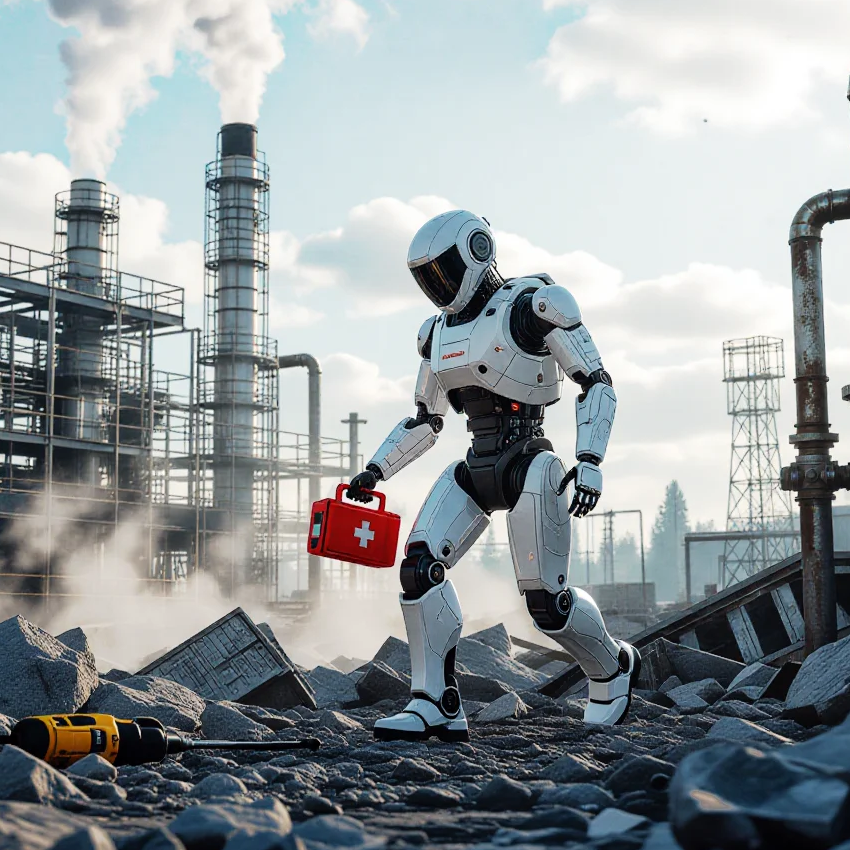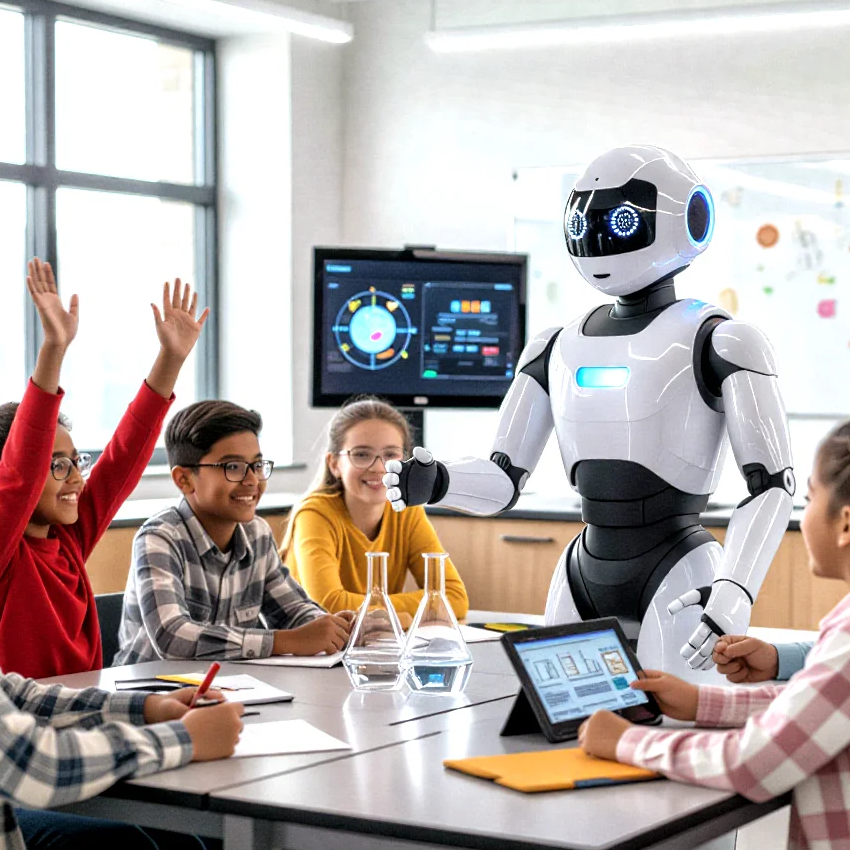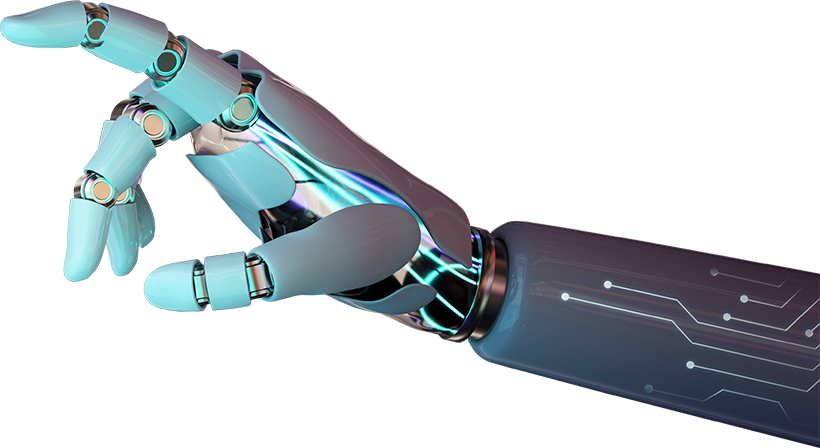
1. Healthcare & Assisted‑Living Assistance — “Home‑Care Decathlon”
- Goal
Humanoid robots safely assist an older adult through a typical morning: fetching objects, reminding about medication, detecting a fall, and providing conversational companionship.
- Why
Healthcare/elder‑care is forecast to grow from US $1.5 B to 17.4 B for humanoid assistive robots this decade, addressing labour shortages and ageing populations highlighted in the survey paper .
- Setup
Real‑world mock apartment with domestic furniture, narrow corridors and clutter; include a soft‑dummy “patient” for fall‑detection.
- Complexity dial
Vary lighting, object placement and patient behaviour scripts (co‑operative vs confused).
- Unique tests for humanoids
Bimanual manipulation at human height, soft‑contact safety, empathetic dialogue (leveraging generative AI skills ).

2. Retail & Customer‑Service Engagement “Pop‑Up Store Sprint”
- Goal
Greet customers, answer product questions, navigate aisles without blocking traffic, and restock a shelf with mixed SKUs.
- Why
Pepper‑type deployments show the business value of emotion‑aware, humanoid greeters in retail; the broader survey notes customer‑service as an early commercial beach‑head.
- Setup
Real‑world pop‑up shop (≈50 m²), stocked with lightweight dummy products and a live human flow.
- Complexity dial
Increase crowd density and add disruptive events (e.g., child tugging the robot’s arm).
- Unique tests for humanoids
Face‑level interaction, aisle‑width walking, real‑time shelf perception, persuasive but safe gesturing—capabilities strictly tied to the humanoid form.

3. Warehouse & Logistics Collaboration “Hybrid Fulfilment Relay”
- Goal
A team of one humanoid plus autonomous mobile robots (AMRs) and/or drones moves totes from inbound pallets to high shelves, then fulfils mixed orders.
- Why
Amazon’s pilot with Agility’s Digit shows bipedal robots already tackling tote recycling in fulfilment centres and analysts cite warehouses as the first large‑scale humanoid market. UAV‑UGV collaboration reviews outline the benefits of heterogeneous teams for dense environments.
- Setup
Simulation first, using Gazebo/Isaac Sim for safety, then a scaled real‑world bay (≈10 × 10 m) with pallet racks up to 2 m.
- Complexity dial
Increase SKU variety, add dynamic obstacles (forklifts), or degrade comms to echo DARPA DRC lessons.
- Unique tests for humanoids
Humanoid vertical reach, human‑sized aisle mobility, hand‑overs with wheeled or flying teammates—tasks that non‑humanoid robots alone struggle to complete efficiently.

4. Industrial Inspection & Disaster Response — “Resilience Challenge”
- Goal
Inspect a mock chemical plant for leaks, turn a valve, clear debris and deliver a first‑aid kit to a stranded dummy—all under time pressure.
- Why
Boston Dynamics’ new electric Atlas is marketed for “real‑world” manipulation in hazardous sites, echoing the industrial‑inspection needs met today by Spot . The DRC proved public appetite for disaster‑response trials.
- Setup
Two tracks: 1. Simulation track with physics‑based toxic‑gas plumes. 2.Physical track in an outdoor rig using low‑pressure steam for realism.
- Complexity dial
Vary terrain debris, communication latency, and tool variety (e.g., power drill vs hand wheel).
- Unique tests for humanoids
Whole‑body balance on rubble, human‑scale tool use, judgement under degraded sensing—all best suited to humanoids.

5. Education & Social‑Learning Facilitation — “Classroom Co‑Tutor Cup”
- Goal
Deliver a 15‑minute interactive STEM lesson to children, adapt to real‑time quiz feedback, and manage class attention.
- Why
NAO‑led studies show improved engagement and even autism‑spectrum benefits; generative‑AI dialogue promises richer tutoring Advancements in Humanoi.
- Setup
Real‑world school lab with 6–8 volunteer students; scoring combines pedagogy experts’ rubrics and automated attention metrics.
- Complexity dial
Increase group size, introduce background noise, or swap lesson topics mid‑session.
- Unique tests for humanoids
Natural multi‑party conversation, expressive gestures at child eye‑level, safe proximity in a crowded space—strengths of compact humanoids.



